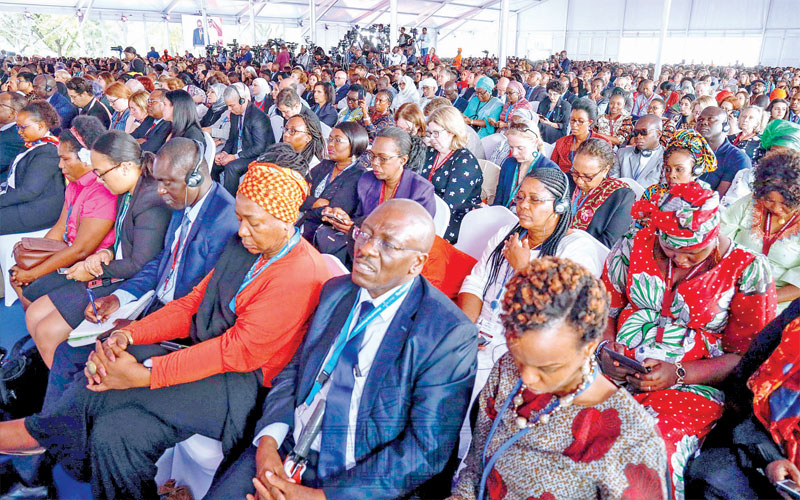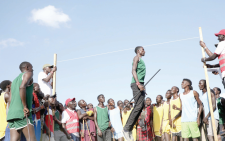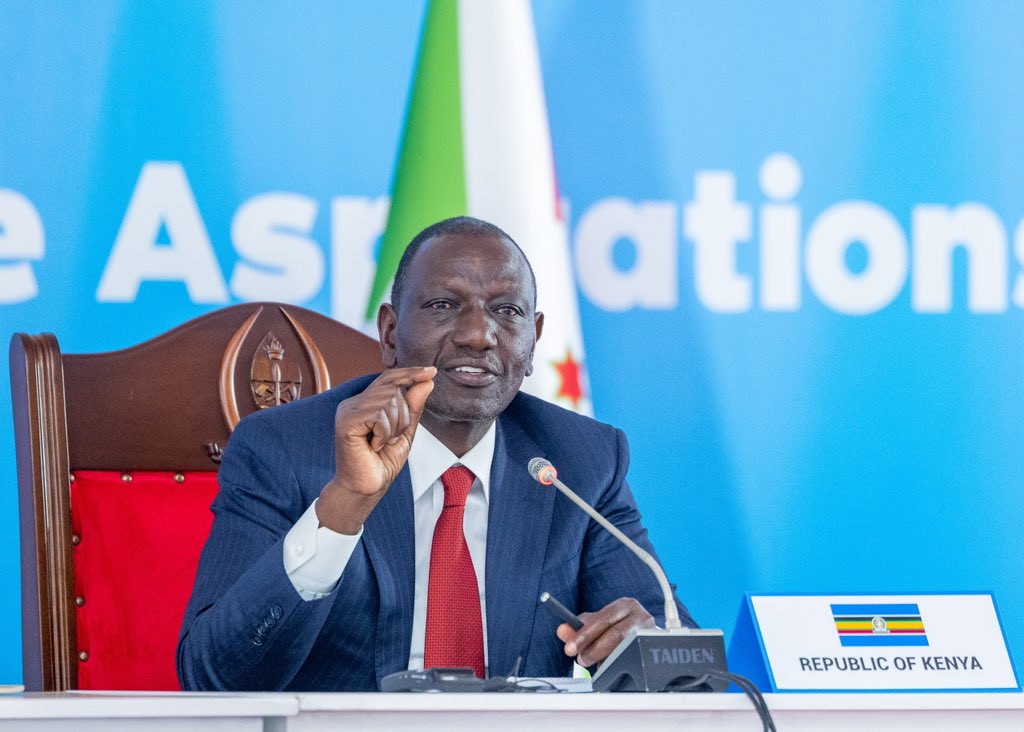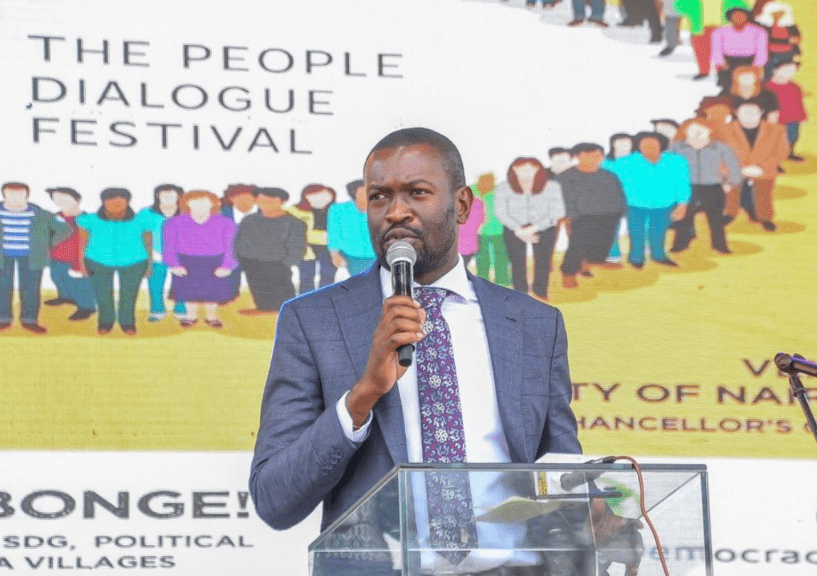Uphold reproductive health rights of minorities, says UN

The United Nations has called for respect and inclusion of sexual reproductive health rights of minority groups.
UN High Commissioner for Human Rights and former Chile President Michelle Bachelet said yesterday every individual deserves dignity and fair treatment in access of sexual reproductive health services irrespective of their race, gender or sexual orientation.
Speaking during the ongoing International Conference on Population and Development (ICPD25) in Nairobi, Bachelet condemned widespread discrimination and intolerance towards sexual minority groups. She emphasised that attaining gender equality should be a priority of any society.
“Sexual reproductive health rights are human rights and they are not optional. At the very core of this is the right to choose when, how and with whom to have sex with. They also include the right to choose who to marry and when, how and with whom to have children with,” she said.
Engage men
The three-day summit whose theme is ‘Accelerating the Promise’ is aimed at mobilising the political will and financial commitments necessary to implement the ICPD programme of Action to achieve the Sustainable Development Goal.
Bachelet said empowerment of women through education, skills, employment and access to reproductive health services will revitalise efforts to end gender-based violence.
“We need to empower women continuously, ensure that laws protect them from violation even as we engage men to condemn gender-based violence which is a gross human rights violation,” said Bachelet.
Gender Affairs Cabinet secretary Margaret Kobia said ending gender-based violence is a prerequisite for a stable, prosperous and inclusive world.
“The urgency to end all forms of violence against women and girls has gained currency now as the vice mutate and threaten to reverse gains we have made in gender equality,” she told the forum.
Kobia challenged governments to leverage on affirmative action, education for the girl child, robust prosecution of offenders and awareness creation targeting cultural leaders in order to win the war against gender-based violence.
Rights violation
Representatives of the LGBTQ (lesbian, gay, bisexual, intersex, transgender and queer) community called for recognition and inclusion of minority groups.
Noting that they always bear the brunt of rights violation, they underscored the need to deal with widespread discrimination that hinder their access to sexual reproductive health services.
Ecuadorian Antony Guerrero regretted that society’s perceptions towards the LGBTQ groups were “extremely negative”.
“I come from a country where people believe that being gay and HIV positive is God’s punishment for their sexual orientation,” he said.
Nadira Masiumova, a transgender woman from Pakistan, cited bullying, hatred and violence as the main challenges facing the LGBTQ in her country.
She said open discussions about issues that affect the transgender are frowned upon by the society despite the need for space to articulate themselves.
Other issues discussed at the conference included maternal health, contraceptives, harmful traditional practices and violence against women.







